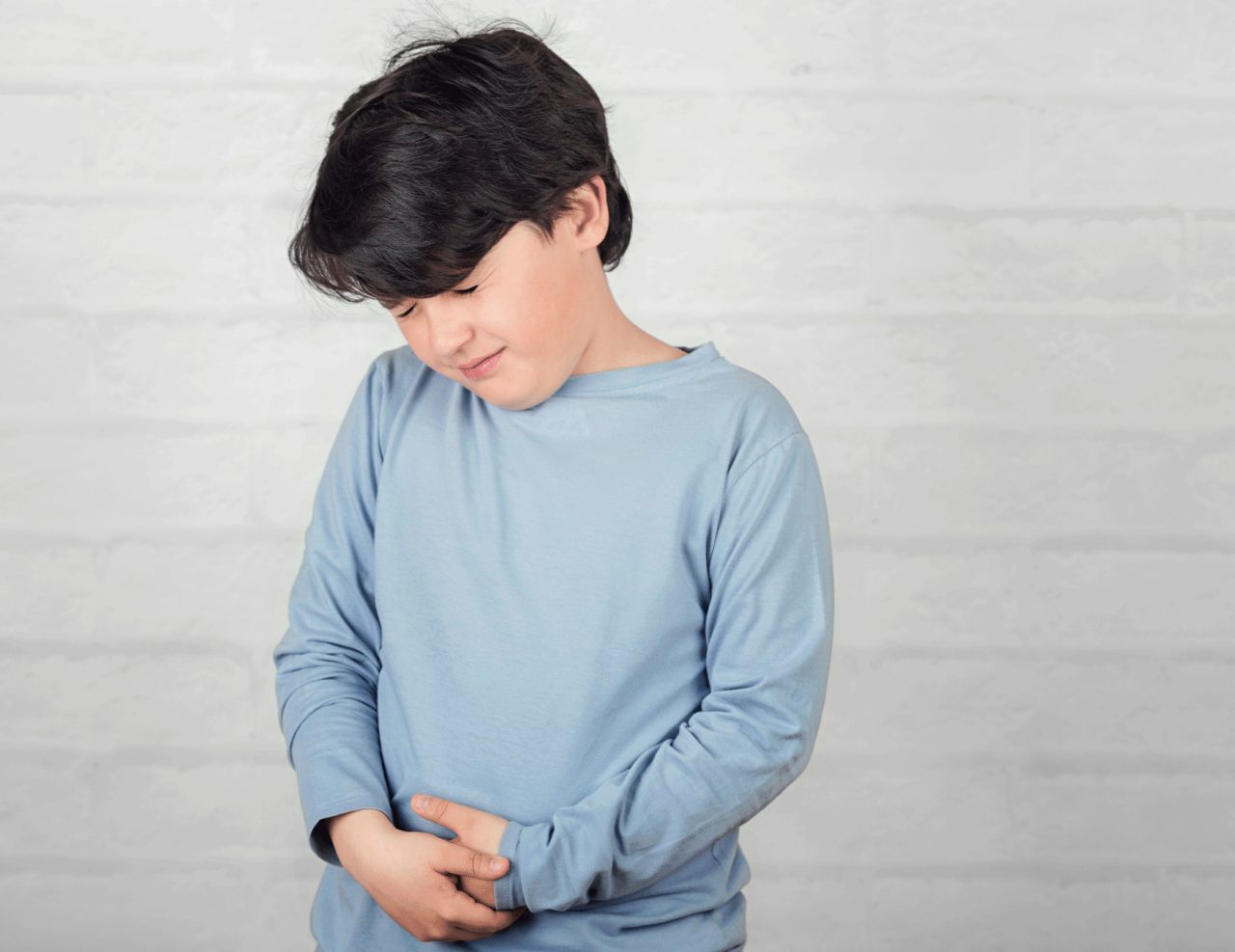What Is Rotavirus?

A highly contagious infection, rotavirus causes severe diarrhea and, in the past, killed up to 60 unvaccinated American children under age five each year.
What is rotavirus?
Rotavirus is highly contagious, spreading from stool (poop) to someone’s mouth. It then can spread through sneezes or any contact with another person’s fluids. People pass it on without even having symptoms. If you don’t wash your hands after changing diapers or defecating, you might pass on rotavirus.
Before the United States introduced a rotavirus vaccine in 2006, it caused up to 70,000 hospital stays and at least 200,000 emergency room visits each year — and between 20 and 60 children died.
Most young children had rotavirus at least once. Children in daycare are most at risk. Infections tend to occur in the winter or spring.
The vaccine, however, is highly effective at preventing a case from becoming severe. There is no medication for rotavirus, which usually resolves on its own, but the condition can lead to life-threatening complications.
YOU MIGHT ALSO LIKE: Why Do I Have Diarrhea?
What are the symptoms of rotavirus?
Within two days of exposure to the rotavirus, your child might first get a fever and then vomit. Watery diarrhea may show up between three and eight days later.
Small children are most vulnerable. They might also experience severe fatigue, abdominal pain, and irritability. Dehydration from diarrhea and vomiting is the greatest risk.
In children under age five, the loss of liquid and electrolytes can produce dry mouth, cool skin, a lack of tears when crying, and fewer wet diapers or trips to pee.
Adults tend to have milder symptoms or sometimes no ill effects.
How is rotavirus treated?
Antiviral medications, over-the-counter antidiarrheal drugs, and antibiotics do not affect rotavirus. All you can do is stay hydrated and wait for your body to fight back successfully. Drink fluids, eat soup, take fluids with electrolytes, and avoid juice and sweet or fatty food.
The BRAT diet (bananas, rice, applesauce, toast) that was once recommended for diarrhea is no longer considered a good idea, since it is not nutritionally balanced.
Rotavirus vaccines
You can get your child vaccinated to help prevent rotavirus and its complications. Babies with severe combined immunodeficiency or intussusception, or who are already severely ill, shouldn’t get the vaccine.
There are two options:
- Rotarix: 2-dose series at 2- and 4-month-olds
- RotaTeq: 3-dose series at 2-, 4-, and 6-months-old
These are not injections. Older children and adults cannot get vaccinated for rotavirus.
The vaccine can have side effects, but they are rare. They include diarrhea, fever, fussiness, and irritability.
If you think your child has rotavirus, seek medical care if your child can’t keep down fluids, has a fever of 104 F or higher, is urinating less, and has severe diarrhea for at least 24 hours.
Rotavirus is diagnosed by a lab through a stool PCR test.
Call 911 if your child is difficult to wake up or stops responding.
At a hospital, your child can receive intravenous (IV) fluids to avoid the effects of severe dehydration.
Updated:
October 05, 2022
Reviewed By:
Janet O'Dell, RN